学位英语考什么题型?学位英语考试历年真题汇总
学位英语考什么题型?

一、题型
该项考试为标准化考试,目前只有笔试。考试范围参照全日制文理科本科英语教学大纲。除翻译部分是主观题外,其余考试题型均为客观选择题。考试时间2小时,满分100分,60分合格。
二、试卷结构
首次参加该项考试的考生要对试卷结构有大致了解。
第一大题阅读理解主要考查考生通过阅读获取信息的能力,涉及3篇文章,共15道小题,分值30分。
第二大题词语用法和语法结构主要考查考生运用词汇、短语及语法结构的能力,共30道小题,分值30分,词汇和语法各占50%。
第三大题挑错主要考查考生应用词汇、短语及语法结构的熟练程度,共10道小题,分值10分。
第四大题完形填空主要考查考生综合运用语言的能力,共20道小题,分值10分。
第五大题翻译主要考查考生综合运用词汇、语法、句型等方面的能力,共10道小题,分值20分,由英译汉和汉译英两部分组成,各5道小题。
三、温馨提示
相关老师介绍,从试卷结构的分值看,阅读理解、词语用法和语法结构两部分试题占整体的60%。试卷结构中另一比重较大的题目是翻译,占20%的分值。
挑错和完形填空在分值、题量上所占比例较小,且在试题内容上与阅读理解、词汇语法结构有所交叉。考生备考时要根据试卷结构制定复习策略。
学位英语考试历年真题汇总
Part I Dialogue Completion (15 points)
Directions: There are 15 short incomplete dialogues in this part, each followed by 4 choices marked A, B, C and D. Choose the one that best completes the dialogue and mark your answer on the ANSWER SHEET. 1. —— What day is it today? —— A.
A. Monday B. It’s fine C. June 14 D. Nine o’clock 2. —— Excuse me. Can you tell me the time, please? —— __C_. A. Sure, please B. Thank you so much C. It’s six o’clock D. Yes, I can 3. —— May I use the telephone? —— A_. A. Go ahead B. Thank you so much C. Don’t worry D. You are welcome 4. —— Would you like to come to the party Friday evening? —— B__. A. That’s right B. Yes, I’d like to C. I’ll be late D. No, never mind 5. —— I’m sorry I can’t give you any help. —— That’s OK. _C__. A. What a pity B. I don’t care C. Thank you all the same D. Don’t mention it 6. —— How did you find your visit to the museum, Eddie? —— B. A. I went there all by myself B. Oh, wonderful, indeed C. My friend showed me there D. By taking a No. 2 bus. 7. —— I didn’t know this was a one-way street, sir. —— _D_ A. It’s different. B. How do you do? C. How dare you say that? D. Sorry, but that’s no excuse. 8. —— I don’t want to eat anything. I’m not feeling well today. —— D_, Carlos. I hope you’ll be better soon.
A. It doesn’t matter B. Don’t bother C. I’m better now D. I’m sorry to hear that
9. —— Are you going to take part in the English contest to be held at the end of this term? —— __C. A. I’m afraid B. I do C. It depends D. It’s a pleasure 10. —— Today’s Sunday. What about going to the Science Museum? —— __C__. A. Take it easy B. Let’s call it a day C. That’s a good idea D. It’s kind of you to say so 11. —— I have just passed my exam. I feel so relieved now. —— __B_! A. Thank you B. Well done C. Cheer up D. My pleasure 12. —— Don’t forget to pass on the message to my teacher. —— __A. A. Yes, I don’t B. I don’t think so C. No, I won’t D. Sorry, I wouldn’t 13. —— How could you say that? —— C_. I didn’t mean to hurt you. A. It doesn’t matter B. That’s all right C. I am really sorry D. None of your business 14. —— You have given us a wonderful party, Mrs. Johnson. —— __B_. A. Don’t say to B. I’m glad you enjoyed it C. It is interesting for you to say so D. Oh, I’m afraid I didn’t organize it well 15. —— What’s the matter? You really look upset. —— B_. —— Well, better luck next time. A. I have won a prize B. I failed an important test C. Why, I always look up to you D. Me? I never look down upon anybody
Part II Reading Comprehension (40 points)
Directions: There are 4 passages in this part. Each passage is followed by 5 questions or unfinished statements. For each of them there are 4 choices marked A, B, C and D. Choose the best one and mark your answer on the ANSWER SHEET.
Passage One
We are all busy talking about and using the Internet, but how many of us know the history of the Internet?
Many people are surprised when they find that the Internet was set up as recently as the 1960s. At that time, computers were large and expensive. Computer networks didn’t work well. If one computer in the network broke down, then the whole network stopped. So a new network system had to be set up. It should be good enough to be used by many different computers. If part of the network was not working, information could be sent through another part. In this way the computer network system would keep on working all the time.
At first the Internet was only used by the government, but in the 1970s, universities, hospitals and banks began to use it, too. However, computers were still very expensive and the Internet was difficult to
use. At the beginning of the 1990s, computers became cheaper and easier to use. And scientists developed software that made Internet “surfing” more convenient.
Today it is easy to get online and it is said that millions of people use the Internet every day.
16. The Internet was set up in __B__. A. 1960 B. the 1960s C. 1970 D. the 1970s 17. Computer networks didn’t work well at first because __D. A. computers were large and expensive B. computers couldn’t send information fast C. computers didn’t fit into the same network
D. if one computer failed, the whole network stopped
18. Which of the following was the first to use the Internet? A A. Governments. B. Universities. C. Banks. D. Hospitals. 19. Which of the following statements is true? C A. People use the Internet mainly to send emails. B. Computers are now more costly than ever before.
C. Computers were costly and hard to use until the early 1990s. D. In the 1970s the Internet was easy to use but computers were costly. 20. The best title for the passage is _C__. A. The Future of the Internet B. The History of Computers C. The History of the Internet D. Convenient Internet Surfing
Passage Two
Alan Chang was a handsome young man with good manners.
One morning he was walking along a street on his way to an appointment. He did not want to be early or late. He had forgotten to put on his watch so he went up to a man who was waiting for a taxi.
“Excuse me, sir,” he said, very politely, “but could you tell me the time?”
The man, who was very well-dressed and looked quite rich, said nothing. He did not even look at Alan. Alan spoke to him again. “Excuse me, sir,” he said, “but could you please tell me what time it is?”
This time the man looked at him, but he did not speak and looked quickly away. Alan thought to himself: well, he can hear me; he must be just rude. So Alan asked again, “Why wouldn’t you tell me the time, sir?”
The man turned towards him and said, “Put yourself in my shoes. I am standing here waiting for a taxi. You come up to me and ask me for the time. If I tell it to you, you will thank me. I will say ‘That’s all right.’ You may then say ‘It’s a beautiful day,’ to which I may reply ‘Yes, I like these sunny winter days.’ Before we know what is happening we have a friendly conversation. You are a pleasant, polite young man, so when my taxi comes, I offer you a ride. You accept. We talk. I like you. You like me. I invite you to my home. You meet my daughter. She is a very pretty girl. You are a good-looking man. You like each other. Soon you fall in love. You want to marry. Now do you understand my problem?”
Alan shook his head. “No, sir, I’m sorry, I don’t. Everything you have said seems very natural to me.” “Exactly,” the man said, “and I do not want my daughter to marry a man who is too poor to buy a watch. Good morning to you.” And with these words he hurried away.
21. Why did Alan ask the man what time it was? C A. He was too late. B. He was very early.
C. He had left his watch home. D. He wanted to meet the man’s daughter. 22. What did Alan think of the man when he would not tell him the time? A A. He was impolite. B. He was deaf. C. He was stupid. D. He spoke no English.
23. What did the man mean by the underlined part “Put yourself in my shoes”? D A. Don’t interrupt me. B. My shoes hurt me. C. Come and try my shoes. D. Try to understand me. 24. What kind of a man was Alan Change in the man’s opinion? B A. A thief. B. A poor man. C. A cheat. D. A rich man. 25. The story is mainly about A. A. how rude a person can be B. how one thing leads to another C. where a person can’t tell the time D. why you shouldn’t speak to strangers
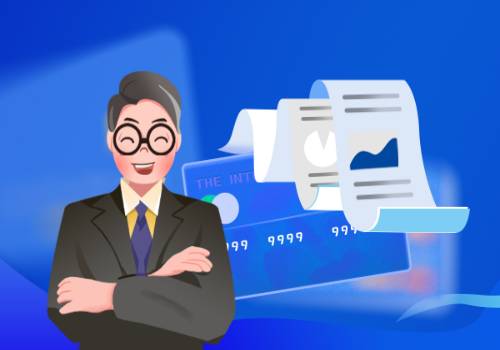






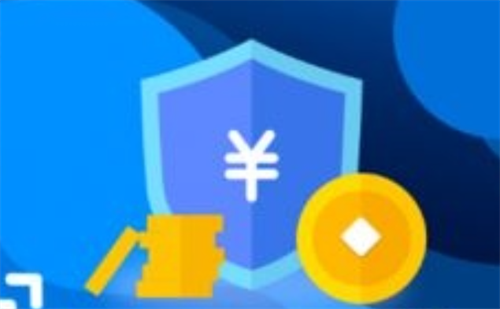






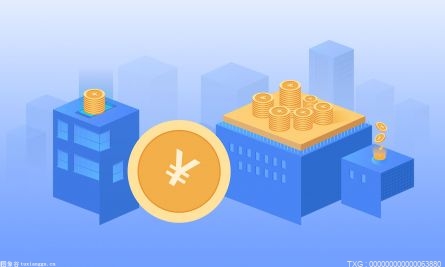





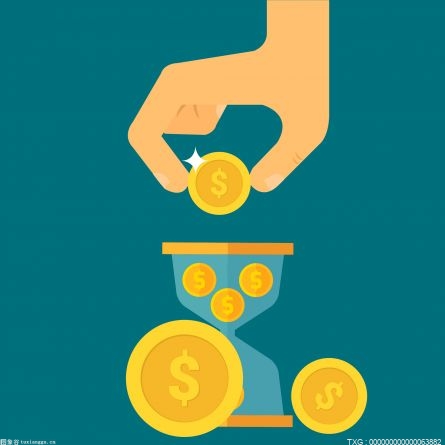
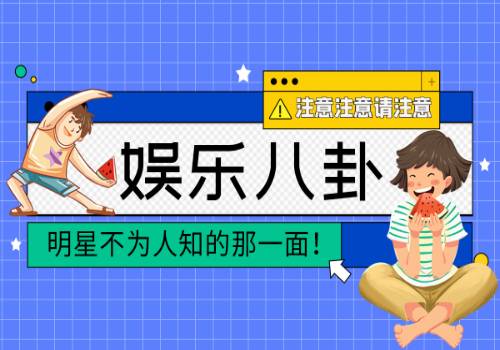

 营业执照公示信息
营业执照公示信息